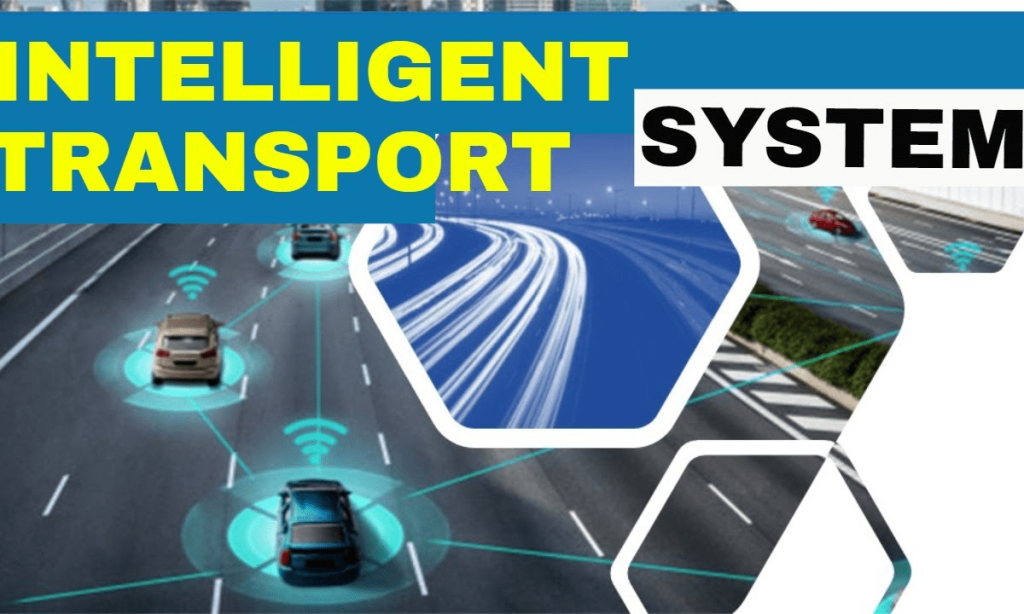
Redesigning Urban Mobility with Intelligent Technology
When cities become urbanized and enlarged, city mobility is a big issue today. Intelligent transport systems are revolutionizing the movement of people and goods in towns by using cutting-edge technologies such as the Internet of Things (IoT), Artificial Intelligence (AI), and real-time analysis.
Intelligent transportation systems improve traffic flow, decongest, and promote green modes of transport.
Vehicle-to-vehicle, vehicle-to-infrastructure, and vehicle-to-pedestrian communication make innovative mobility solutions more convenient, secure, and environmentally friendly rides.
The Role of Interconnectedness and Data in Smart Mobility
Live data enables innovative transport systems. GPS, sensors, and connected devices offer live data regarding traffic flow, public transport utilization, and road conditions. The data allows city planners and transport agencies to make intelligent decisions that optimize the efficiency of traffic lights, route direction, and security.
Cloud computing and edge tech are handling this massive data in real-time, providing responsive systems that act upon new conditions in an immediate manner. Vehicle-to-infrastructure, or V2X, connectivity is also paving the way for autonomous cars and reduced accidents.
Sustainability and Efficiency in Urban Transportation
One of the foremost objectives of smart transport is its contribution to sustainability. Electric vehicles, car sharing, and intelligent traffic management decrease carbon and energy emissions. Electronic ticketing, route optimization, and pre-emptive maintenance in public transport systems are more efficient and robust.
Where green development aligns with urbanization, the embracement of innovative transport measures facilitates the possibility of attaining cleaner air, noise suppression, and improved urban living standards.
The Future of Urban Mobility
Urban mobility of the future is powered by innovation, automation, and connectivity. As 5G, IoT, and AI reach a broader deployment, cities will become turnkey systems with frictionless mobility and data-enabled.
AI-controlled traffic flow, autonomous buses – everything is on the table. Investing in smart transportation infrastructure can make cities construct safer, more efficient, and sustainable mobility networks for growing populations and evolving commuters.
